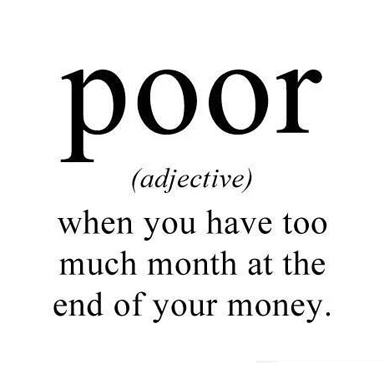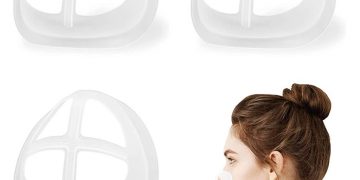When many people think of a home insurance claim, they think of major damage, such as storm damage, fires, floods, and other potentially catastrophic events. The idea of homeowners insurance in most people’s minds is to protect you and your family from damage so extensive that you’d never be able to afford fixing it on your own in a reasonable amount of time.
In other words, your savings account might not cover the cost of fixing that gigantic hole in the roof, but you need to find a way to keep your family out of the rain tomorrow.
While it’s true that nearly all home insurance policies cover these types of events that result in major damage, not all are so limited in scope. In fact, most homeowners policies will cover other damage to the house as well. For instance, if a tree fell on your home and did obvious roof damage, there’s likely some drywall and siding damage to patch up, as well.
And if your finished basement floods or a pipe bursts in your bedroom en suite, your carpets are going to suffer along with everything else. You can read about HBF & their home insurance policies on their site & decide for yourself if they’re right for you & your family.
But will the damaged carpets be covered by your homeowners policy? In general, as long as they were damaged by something beyond your control the answer is: probably. But how the insurance company decides to remedy the situation depends upon several factors, such as the extent of damage done to the carpet and whether replacing them is really necessary.
If your sewer backed up and your carpets were soaking in three inches of dirty water for several days, you probably have a pretty good case to make to your insurance company for a complete replacement.
Your homeowners policy would likely pay for a complete recovery service with carpet removal and flood remediation services, which involves drying out the area completely with industrial fans and dehumidifiers. You’d probably be able to get a check towards new carpeting as well, although all of this would be after you paid your deductible.
Your deductible is an important thing to keep in mind when only part of a room has been affected by water damage to carpet. If you can hire a water damage specialist to come out and dry the area quickly enough, you won’t get new carpet, but you might end up paying less than your deductible would have been.
If the water sits for a few days, however, it’s possible that further damage has been done and a simple water extraction and cleaning won’t do the trick. If a remediation expert says that continued mold growth is a concern, your insurance company might be willing to pay for new carpets now rather than an expensive mold remediation project later.
Ultimately, it’s up to the insurance adjuster to decide what will be covered. So if your carpet can be easily dried out with no permanent damage, you won’t receive a claim for that. If however, the carpet is so badly damaged from flooding that it cannot be replaced, your insurance company should cover it.





















